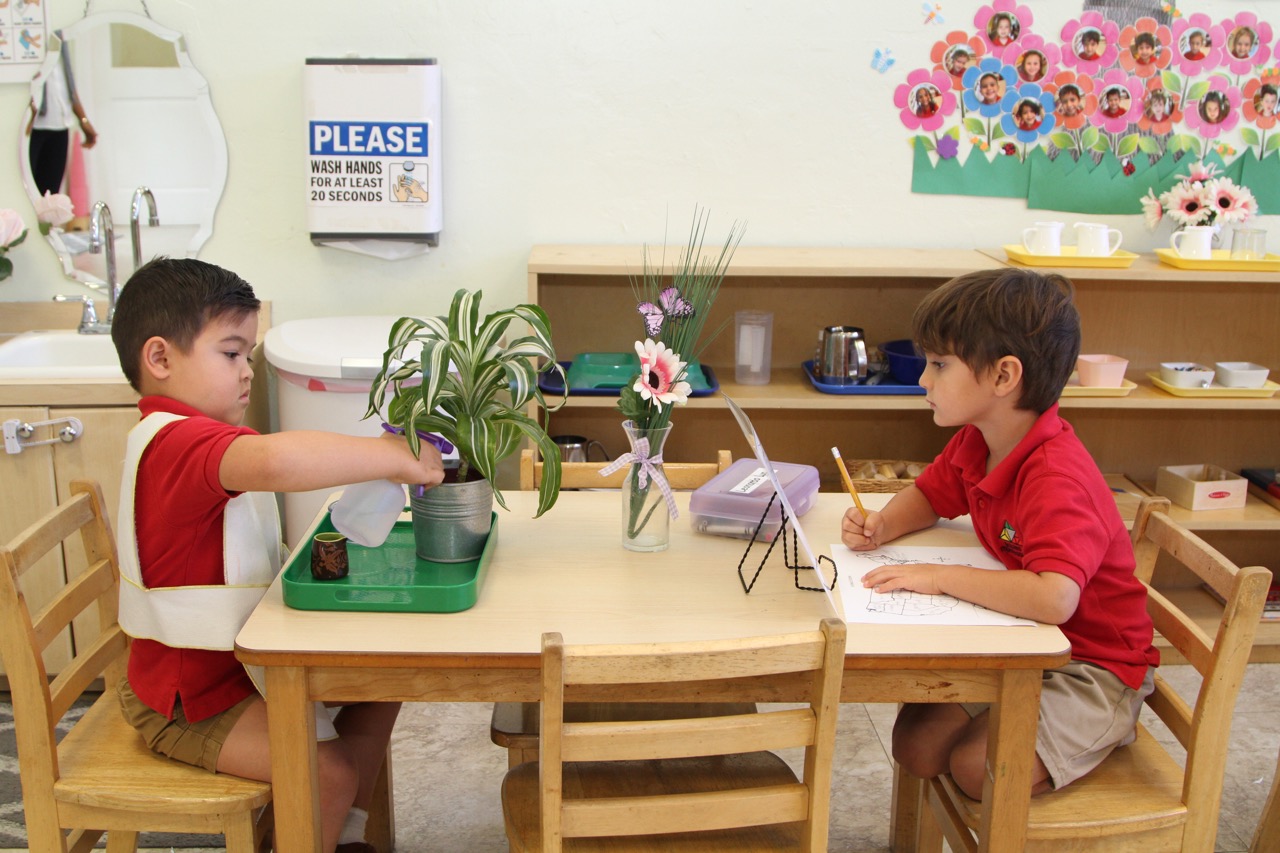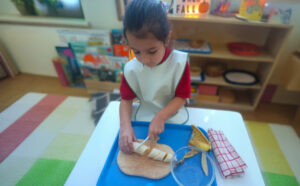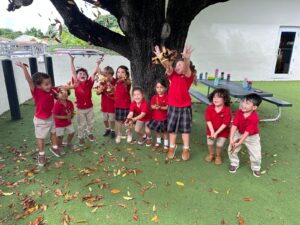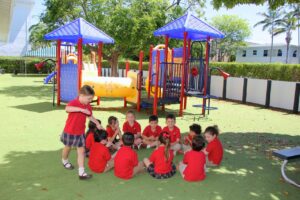When parents explore educational options, one question often comes up: Is the Montessori method scientifically proven? At Gables Montessori School in Coral Gables, we are proud to share that the Montessori approach is not just a philosophy—it’s a method supported by over a century of observation and research in child development, neuroscience, and education.
This article explains why Montessori education is often described as “scientifically validated,” and why families who choose a Montessori School in Coral Gables can feel confident that their children are learning in a proven, nurturing environment.
The Scientific Roots of Montessori
Dr. Maria Montessori was not only an educator but also a physician. Her background in science shaped the way she designed the Montessori method. Instead of relying on theories alone, she carefully observed children in real classrooms, tested new learning materials, and refined her approach based on results.
This process—observe, test, refine—is at the heart of science. Montessori classrooms today continue to embody this approach, focusing on evidence-based practices that align with how children naturally grow and learn.
Key Montessori Principles Backed by Research
Modern studies consistently affirm the benefits of Montessori education. Here are some principles rooted in science:
1. Sensitive Periods of Learning
Montessori identified “sensitive periods,” windows of time when children are especially receptive to learning specific skills (like language or order). Research in developmental psychology and neuroscience confirms that the brain goes through unique phases of heightened readiness to learn.
2. Hands-On, Multi-Sensory Learning
Montessori classrooms use tactile materials—such as sandpaper letters and math bead chains—to help children learn by doing. Studies in cognitive science show that multi-sensory learning strengthens memory, problem-solving, and conceptual understanding.
3. Independence and Intrinsic Motivation
Montessori schools encourage children to choose work and learn at their own pace. Research shows that intrinsic motivation—learning for the sake of curiosity—leads to stronger long-term academic and personal growth than external rewards like grades or stickers.
4. Concentration and Focus
The uninterrupted “work cycle” in Montessori classrooms allows children to develop deep concentration. Neuroscience research links extended focus to stronger executive function skills, which are critical for success in school and life.
5. Social and Emotional Development
In mixed-age Montessori classrooms, children learn collaboration, empathy, and leadership. Studies confirm that Montessori students often show higher levels of social-emotional skills, including conflict resolution and respect for others.
Recent Research Supporting Montessori
Several modern studies highlight the effectiveness of Montessori education:
A 2006 study published in Science found that Montessori students outperformed peers in reading, math, and social skills.
A 2017 study in Frontiers in Psychology showed that Montessori education is linked to higher levels of creativity, executive functioning, and well-being.
Long-term studies reveal that Montessori graduates often display strong academic outcomes, greater independence, and higher satisfaction in school compared to those in traditional settings.
These findings reinforce what Montessori educators have observed for over 100 years: children thrive in environments designed around their natural development.
Why This Matters for Families in Coral Gables
Choosing a school is one of the most important decisions parents make. At Gables Montessori School in Coral Gables, families can be confident they are choosing a method supported by science and research.
Our classrooms are designed to:
✔️ Encourage independence and self-confidence
✔️ Support concentration and focus through hands-on learning
✔️ Foster respect, peace, and collaboration among students
✔️ Build a strong foundation in academics, creativity, and critical thinking
By enrolling your child in a Montessori School in Coral Gables, you’re not just choosing a school—you’re choosing an evidence-based education that nurtures the whole child.
The Montessori Advantage: Proven and Timeless
Montessori education is more than a teaching style; it’s a scientifically informed approach that respects how children naturally grow and learn. With decades of supporting research, Montessori is one of the most validated educational methods available today.
At Gables Montessori School in Coral Gables, we see the results every day: confident, curious, and capable children who are prepared not just for the next grade level but for life. 🌱
Ready to Learn More?
Visit our website to explore our programs and discover why Gables Montessori School in Coral Gables is the right choice for your family. Schedule a tour today!




